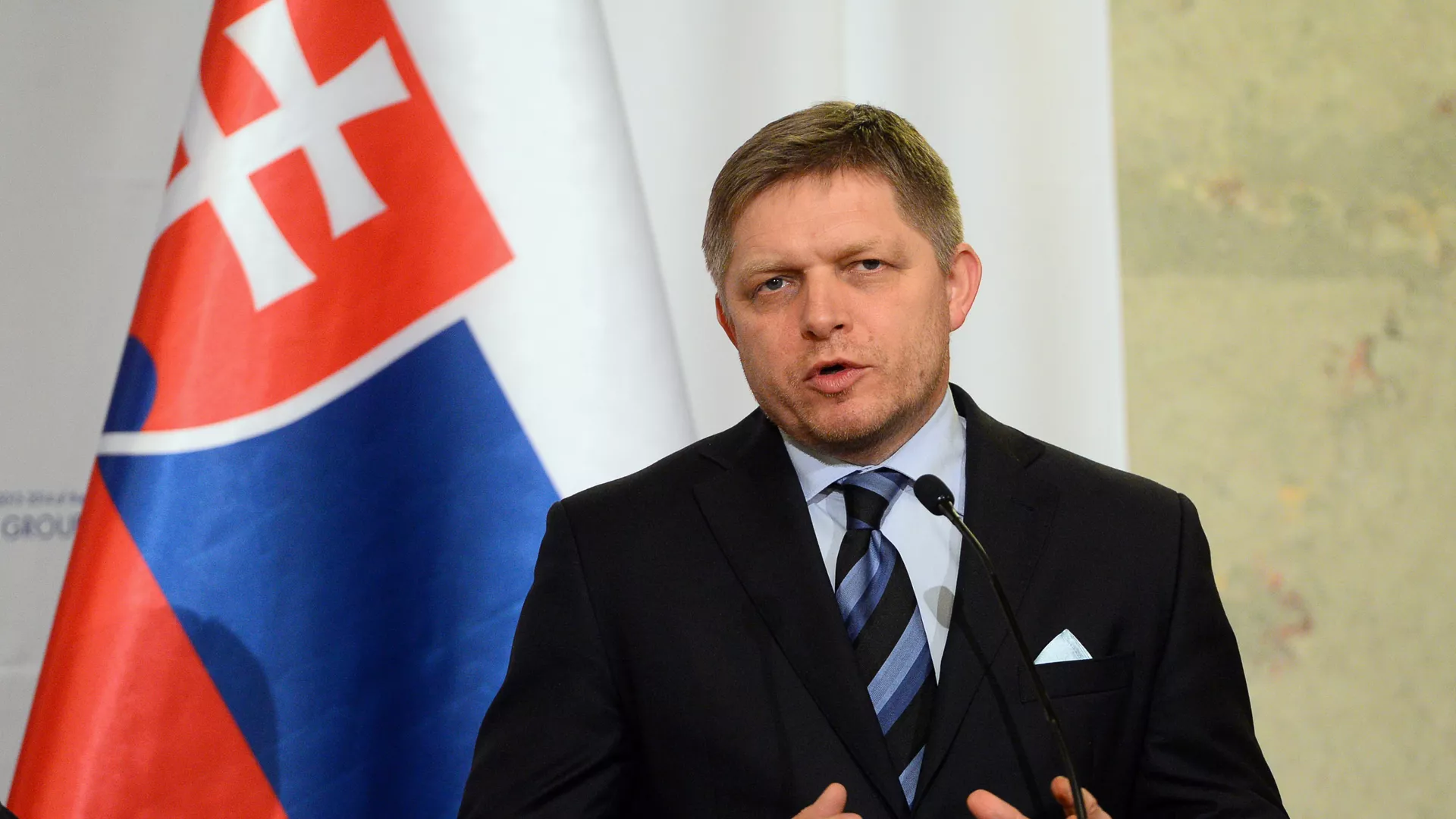New Slovakian Government Will Likely Seek Closer Relations With Russia - Analyst
01.10.2023 18:34
 New Slovakian Government Will Likely Seek Closer Relations With Russia - Analyst
New Slovakian Government Will Likely Seek Closer Relations With Russia - Analyst
Photo: AFP 2023 / ATTILA KISBENEDEK
Slovakian authorities released the official results of the elections on Sunday, showing that Smer attracted the largest number of votes, 22.94%, with the Progressive Slovakia party (17.96%) and Voice – Social Democracy party (14.7%) emerging as the first and second runners-up respectively.
Fico, a vocal critic of Bratislava’s generous donations of military hardware to Kiev, had previously promised to stop sending “any arms or ammunition to Ukraine” if his party became part of the new government.
Smer’s popularity in Slovakia apparently stems from the growing Eurosceptic tendencies in Europe, along with failures of EU economic policies and Europeans becoming dissatisfied with the European Union’s support of Ukraine, according to Russian political analyst Peter Kolchin.
“These are all serious political failures that seriously affected the ratings of liberal and pro-EU parties,” Kolchin said, adding that Smer is a Eurosceptic party that also “represents certain social demands of the population as a social-democratic party.”
Regarding Smer’s stance on the Ukrainian issue, Kolchin noted that Fico is one of the many European politicians who regards the regime in Kiev as a threat to Europe’s security.
Noting how NATO’s sponsorship of Ukraine leads to the latter becoming an entity that conducts an aggressive chauvinistic domestic policy and may become a threat to other countries, the analyst explained that Slovakia is understandably concerned about these tendencies.
At the same time, Kolchin argued that Fico will likely try to improve Slovakia’s relations with Russia, seeing how another Eastern European nation, Hungary, has effectively demonstrated that it is possible to engage in a mutually beneficial relationship with Russia despite “Brussels’ lamentations.”
“Obviously, Hungary’s example is very illustrative for Fico and for Slovakia as a whole,” Kolchin said. “It shows that one can forge relations with Russia, acting in the interests of one’s people and not in the interests of the EU institutions.”
